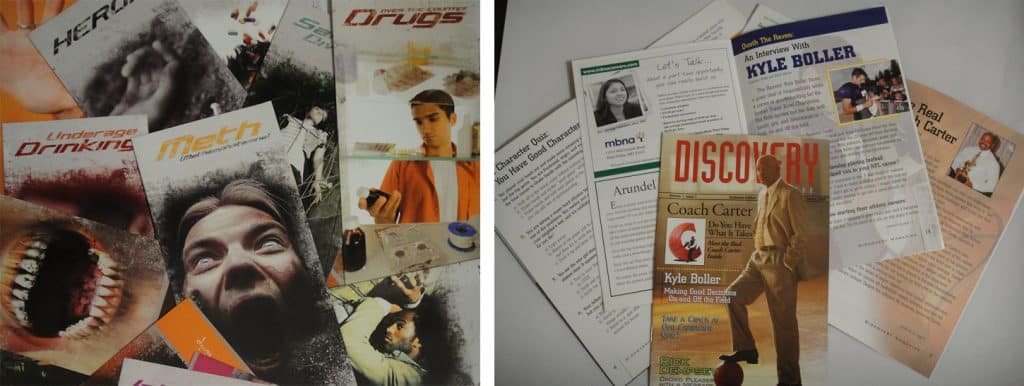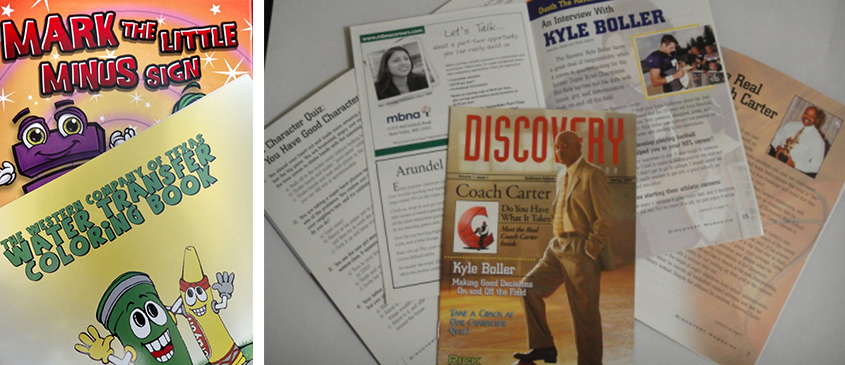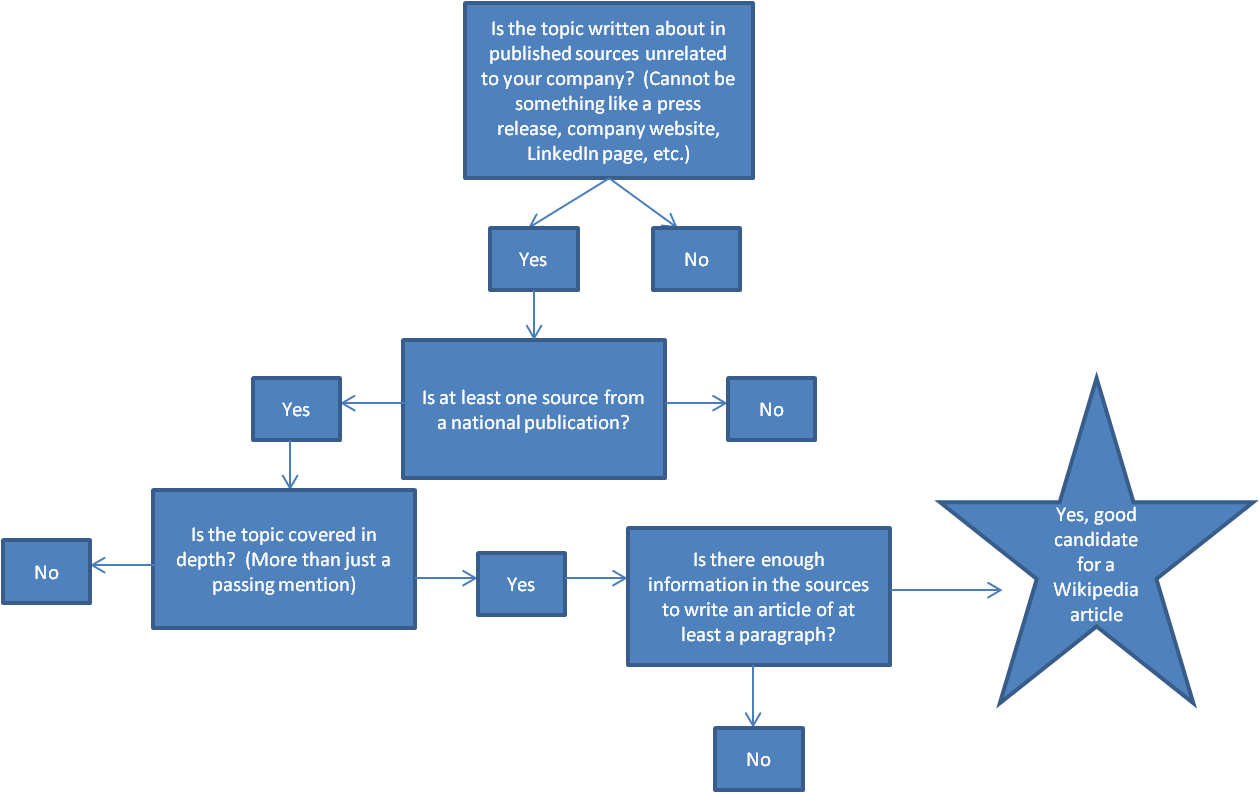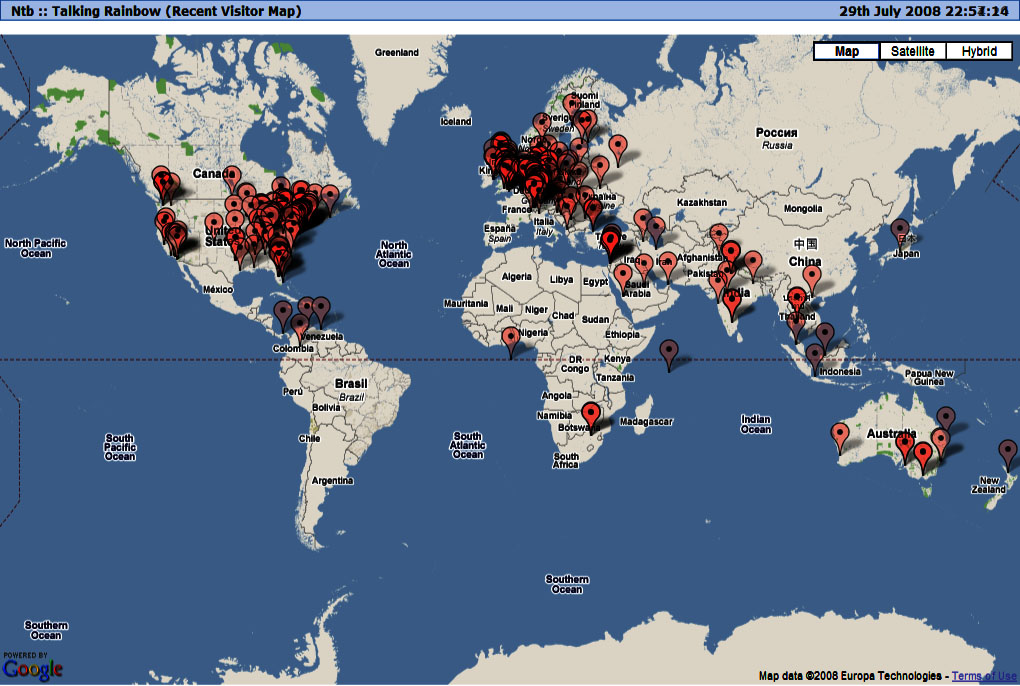Tag: Education
We have worked on writing projects for K-12 school districts, education consulting companies, colleges, and universities.
Our portfolio includes a variety of education-related projects, from test prep materials and web content to online college guides, social media campaigns, educational television scripts, and proposals.

Whatever the project, our education clients typically come to us with a few key challenges:
- They need to ensure that they are writing at a level and in a style appropriate to their intended audience, whether that audience is a group of first-graders, a Board of Regents, or the parents of prospective college freshmen.
- They don’t have the time to take on a large-scale, writing-intensive project – but they also don’t have time to train and micromanage a freelancer with little to no education experience.
- They need a fresh (and experienced) set of eyes to review large amounts of written material and offer line edits or suggestions for improving general flow and organization.
- They need someone to take over all aspects of a major writing project – from research and organization to writing and general project management – and they’re on a tight deadline.

Writers with Teaching and Education Backgrounds
Many of our writers have come to us from careers in education. Our writing staff includes former English and journalism teachers, college professors, and teaching interns. We also have writers with backgrounds in highly specialized fields such as biology, geology, engineering, and oil & gas.
In other words, when you work with us, you get much more than your average freelancer: You have near-instant access to an experienced, educated, deadline-oriented writing team ready to handle your education writing project.
Our Education Portfolio
A few of our team’s recent education projects include:
150+ Page Website
This multi-phase project for a major Texas university required weeks of information-gathering and research; management of a team of 5 writers; and creating and maintaining page templates and a style/proofreading guide.
Thought Leadership Content
Our team created web content, marketing materials, and case studies for APQC Education, a nonprofit K-12 education consulting company.
Scriptwriting
We crafted scripts for Twice as Good, an educational children’s cooking show that airs on PBS.
Standardized Test Material
We write texts, reading comprehension books, and sample tests for several standardized test prep companies.
And Much More:
- Researching and writing a series of drug and alcohol education brochures aimed at junior high and high school students.
- Researching and writing more than 50 profiles of undergraduate and graduate schools for Peterson’s College Guide.
- Writing 100+ grade-appropriate questions for KooKeys, an online multiplayer educational game for K-12 students.
- Writing and organizing a highly technical 200-page proposal for a new telemedicine program for a major American university. The project required more than four weeks of research and interviews with SMEs, including two weeks onsite at the telemedicine provider’s Philadelphia office.
Request A Quote
or
Call 713-465-6860
Considering a Wiki
So you’re considering a Wikipedia article for your company.
 But how do you know if you’re eligible?
But how do you know if you’re eligible?
The first question is whether your organization been covered in-depth in the media. This media needs to be produced by a neutral, verifiable third party – not a press release, your own website, or social media that you control (like LinkedIn or Facebook). Blogs usually aren’t considered reliable sources, either.
These are examples of reliable sources for your media coverage:
- Newspapers
- Magazines
- Books
- Academic journals
Remember, even if the information is published in a good source, it must still be third-party. For example, if you are the article subject, we can’t use articles or books that you’ve written as a source for your Wikipedia article. If you have no external media coverage, your subject isn’t suitable for Wikipedia.
But if you can answer “Yes” to the first, the next question is whether your company has ever been mentioned in national media. If not, you’re likely not a strong candidate for Wikipedia – we suggest trying to find a way into a national publication, even just a mention, and then revisit your eligibility. If you have some national coverage, keep in mind that the more coverage you have, the stronger your Wikipedia article will be. We recommend that your coverage is in-depth enough to supply at least a paragraph of information.
If you have determined that your subject has adequate coverage, we will work with you to draft an article that is suitable for Wikipedia.
Interactive Tools for Websites
What’s the difference between a good website and a great website?
The answer isn’t simple, so don’t try. A great website is easy to understand, easy to navigate, informative, well-written (of course) … and engaging.
If your reader isn’t engaged, they’re not paying attention to you or your site – and that’s bad. So after your reader has finished reading the flawless copy that you’ve poured your heart and soul into, why not let them relax and play a little bit?
That’s where interactive tools come in. Tools are a great way to jazz up a website and keep visitors to your site entertained. They relay information that some web readers might not understand when they read your copy, but might understand if they get a demonstration. But what makes a good tool? All tools need to have a least two characteristics: they need to be relevant, and they need to be informative.
You don’t want to plaster a stock market ticker on the top of your BicycleWorld website, that just doesn’t make sense. Likewise, you don’t want a map of the world showing all of your restaurant franchises if you’re only located in Florida.
Think about your website – hard. What is your business like? How can you organize information into a simple, fun tool that can get your visitor’s (and potential clients’) attention? The examples above aren’t bad tools, they’re just badly used. A stock market ticker would be great for a financial website, and an interactive map is useful for any business that has multiple locations within a specified geographical area.
Some other tools to think about:
• Cost-saving calculators
• Videos
• Blog streams
• Calendars
• Real-time trackers
• Interactive charts
• Counters
• Anything else you can dream up!
If you don’t already have a cool tool up on your website, consider the possibilities: it’ll make your website really pop, and keep visitors on your site longer. Overall, it’s a win-win for you.
Prevent Procrastination: How to get the job done without waiting until the last minute
Writers are known procrastinators. Whether we’re afraid our ideas won’t be good enough, or we’re waiting for inspiration to strike, we tend to set ourselves up for stress by waiting until the last-possible minute to begin serious work on our projects.
But it is possible to break away from this pattern.
Whether you have an internal email to write, a blog, or a white paper, these tips can help you break free from the pain of procrastination.
Always keep the main idea in mind. No matter the size of a project, refuse to let it overwhelm you. In one sentence, write down the purpose your text will serve. Keeping the main premise of your task in mind will keep you from venturing off onto unrelated tangents and/or becoming distracted. And the fewer the distractions, the faster you will finish.
The end is in sight. It always helps to visualize the end product…especially when you are working on a large project. Take it one word at a time always keeping in mind that each word written is one word closer to the end.
Just do it already. Stop regurgitating all of the excuses as to why you haven’t started yet, and simply start writing. Lucky for us, we can have first, second, third, and tenth drafts in the writing world. Even if your grammar and spelling aren’t perfect the first time around, the important thing is to just get something — anything — down on paper.
Reward yourself for a job well done. Everybody loves rewards, and what better way to motivate yourself than by knowing you can savor a glass of red wine, enjoy a round of golf, or shop ‘til you drop after meeting your deadline.
Lose the “I Work Better Under Pressure” mentality. This is one of my personal favorites. Instead of reminding ourselves that putting off an unwanted project until the last minute really makes us want to pull our hair out, we justify it with this overly used devil of a saying. Stop thinking this way, and just get to work.
You just may find that a project without stress is much more enjoyable than “working under pressure.”



